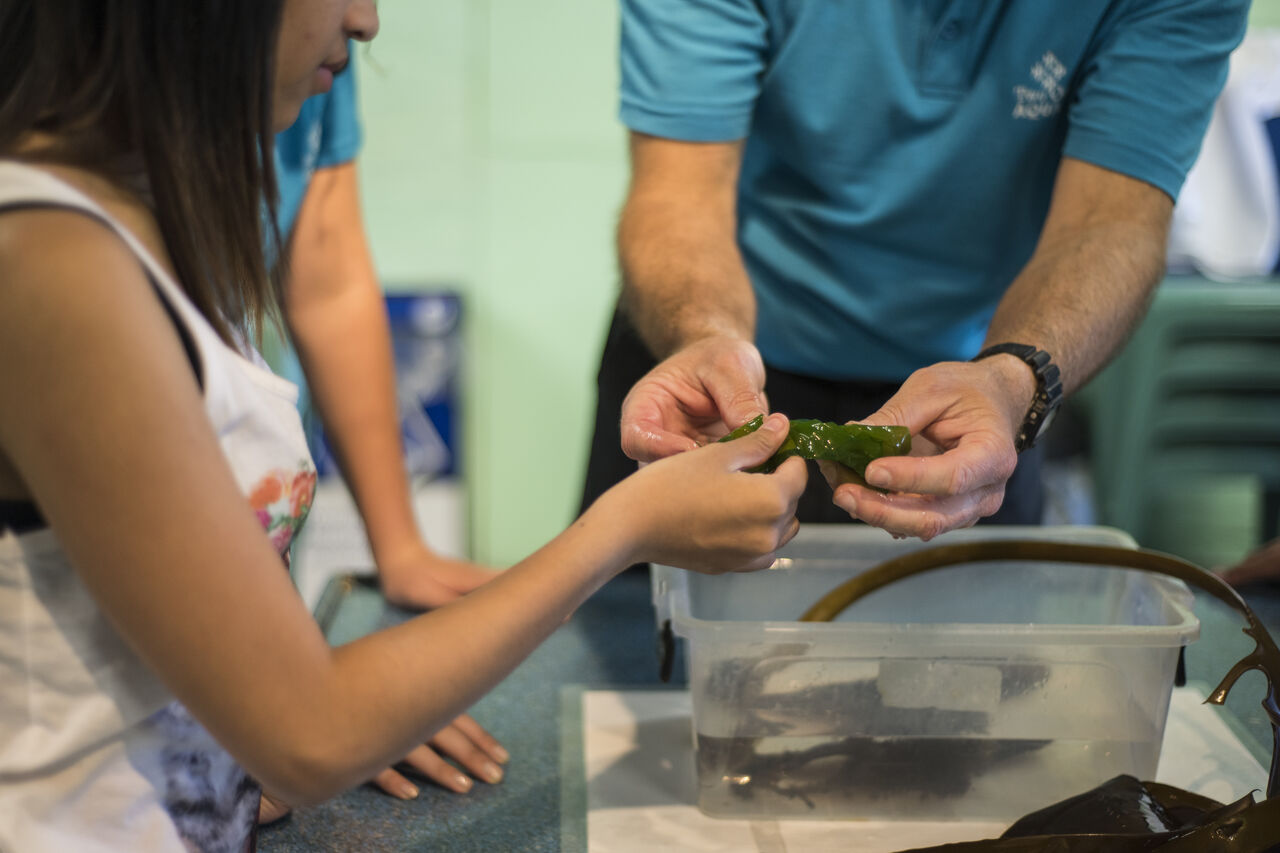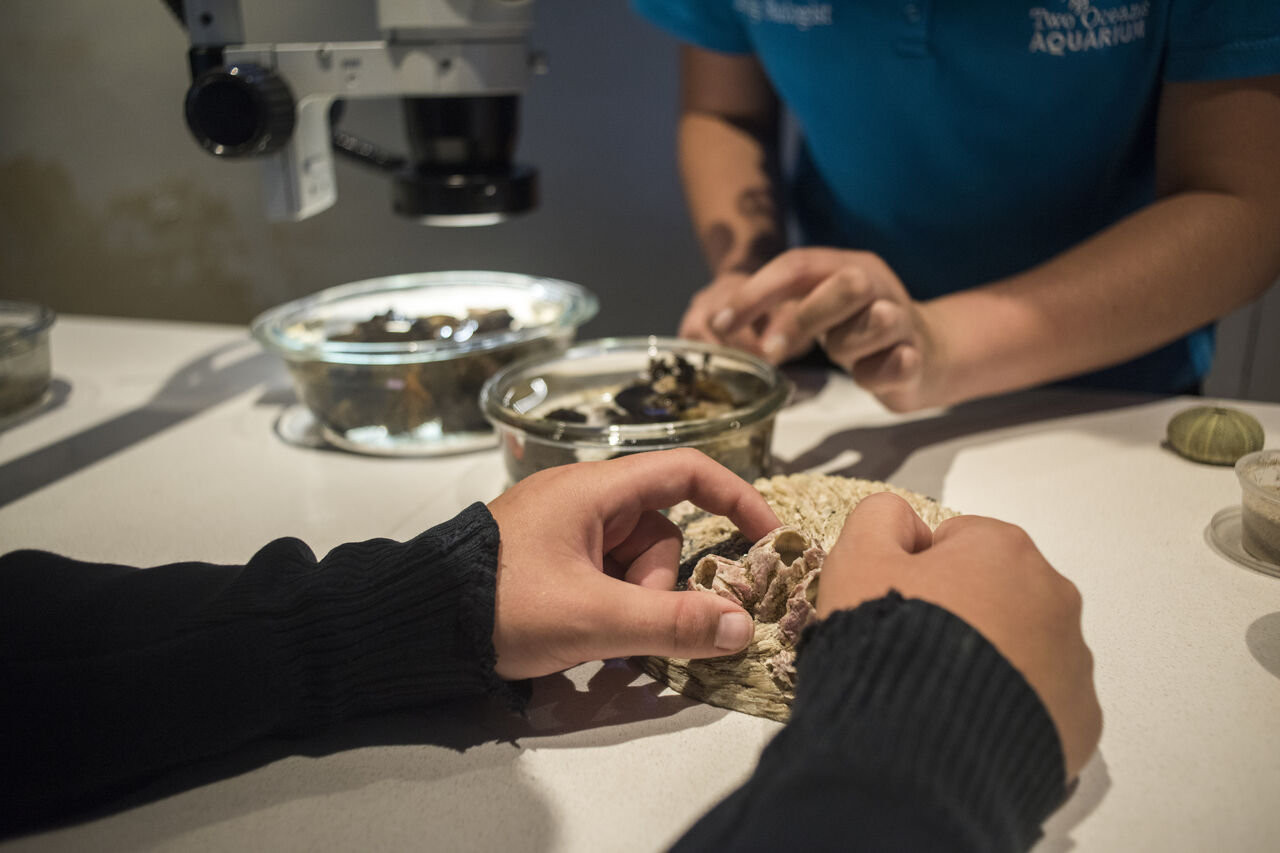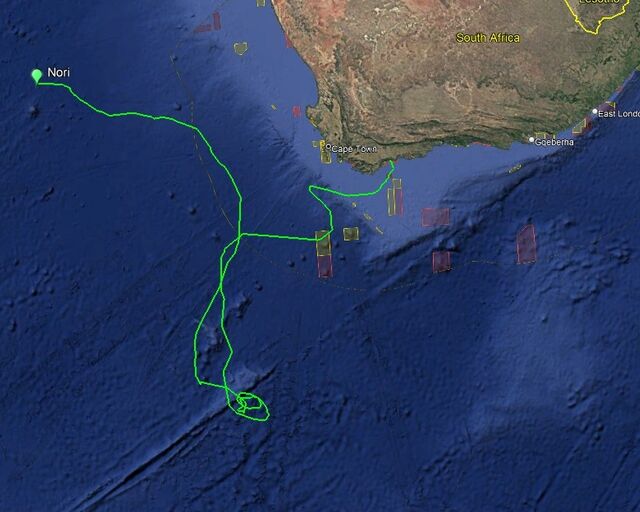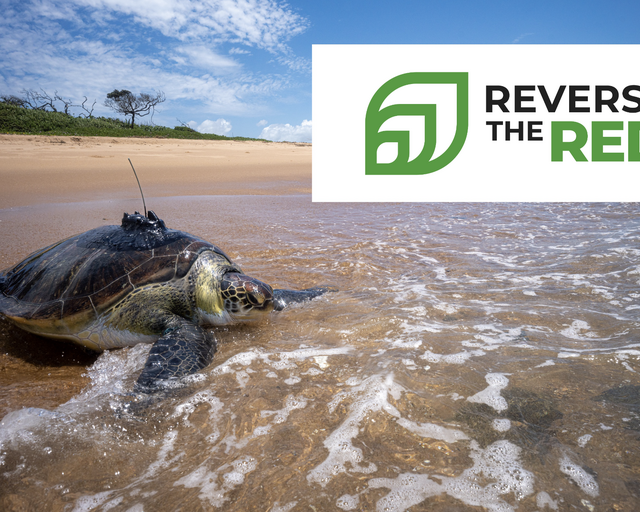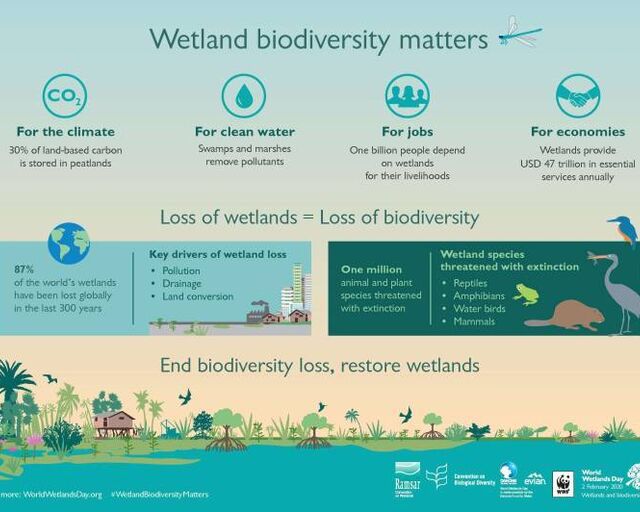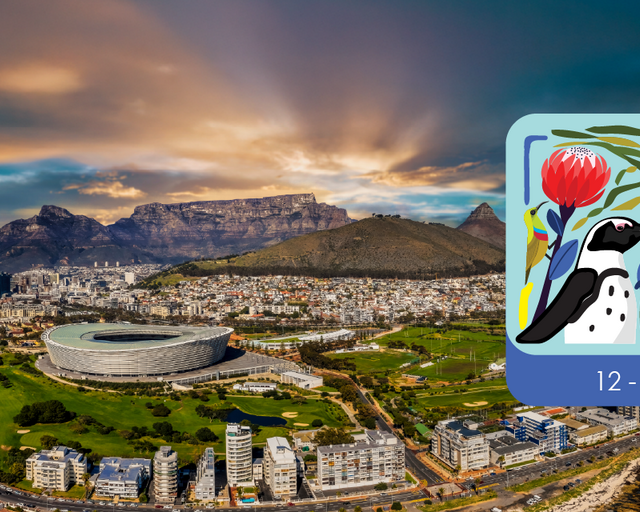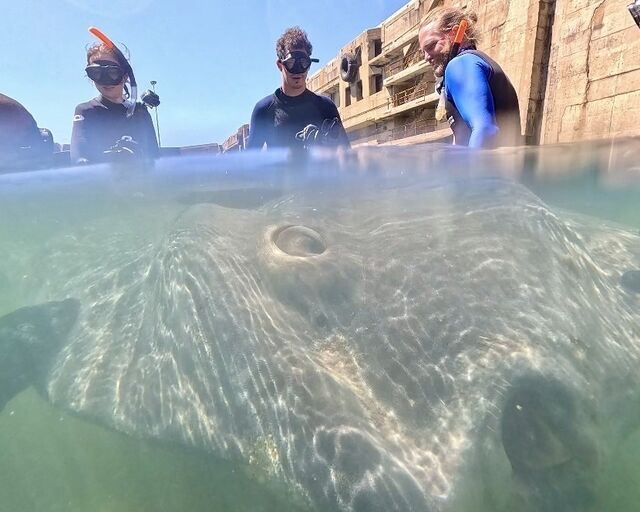Here’s why Marine Sciences should be your top Matric subject choice for 2026
Are you an ocean-loving Grade 9 learner who loves science and thinking outside the box? What if we told you that our Ocean Campus offers a school subject that lets you explore the deep sea, discover how climate change affects coral reefs, and understand how sharks help protect ecosystems, all while working towards your Matric? Marine Sciences is the subject for you - you could be a part of the next class in 2026.
What is Marine Sciences all about?
Marine Sciences is an official school subject for Grade 10, 11, and 12 learners - it's like a combination of Life Sciences, Physical Sciences, and Geography!
But Marine Sciences is more than just a school subject - it's a path to understanding our blue planet and finding your place in it. This exciting subject helps you build a strong connection to the ocean and inspires a sense of responsibility to care for it. Whether you dream of becoming a marine biologist, journalist, teacher, or fisheries scientist, Marine Sciences prepares you to make informed, science-based decisions and to be part of a healthier ocean future.
The curriculum is world-class, combining fields like biology, geology, chemistry, and atmospheric science. You’ll learn how water, air, rocks, sediments, and marine life are all connected and how people interact with them. From exploring the impact of human activity on marine ecosystems to understanding the importance of sustainability and conservation, Marine Sciences gives you the knowledge and tools to make a real difference.
Why should I choose Marine Sciences?
It's multidisciplinary.
Marine Sciences brings together a range of fields - from oceanography and marine biology to ecology and environmental science. You'll learn how the ocean works, how humans interact with it, and what we can do to protect it. The subject is all about seeing the bigger picture and understanding how water, air, rocks, and living things fit together in our ocean systems.
It's future-focused.
Marine Sciences opens doors in so many ways. Learners could pursue a Bachelor of Science degree, even focusing on a specific field in the marine sciences like Oceanography or Zoology. Other paths could lead to degrees in environmental journalism, nature conservation, and environmental law. Whatever career path you choose, the skills learners develop in Marine Sciences are irreplaceable. The subject teaches critical thinking and self-reflection, as well as communication, analysis, and problem-solving. Furthermore, the practical side of the subject equips learners with the skills to work collaboratively and independently.
It's hands-on.
This isn’t a subject where you’re stuck at a desk. Marine Sciences takes you outside to explore rocky shores, identify marine creatures like sea stars and urchins, and apply the scientific method in the real world. You'll develop practical skills that are as exciting as they are useful.
It shapes the way you see the ocean.
Marine Sciences is guaranteed to have a lifelong effect on your relationship with the ocean. Many past pupils have said that Marine Sciences gave them a greater appreciation for the ocean and a responsibility to protect it.
Who can apply?
Marine Sciences is open to any learners who will be in Grade 10, 11, or 12 in 2026. It's even available to adults as a post-school course!
You don’t have to live by the ocean or even in Cape Town to take Marine Sciences. All the amazing content can be accessed online, with live tutorials from our Marine Sciences educators.
The marine field is ever-changing, much like the tides in the ocean. If you choose to pursue a career in Marine Sciences, we can guarantee that it’ll never be boring, and you’ll be making a positive difference in the future of our ocean!
Related News
Sign up to our Newsletter
Receive monthly news, online courses and conservation programmes.
